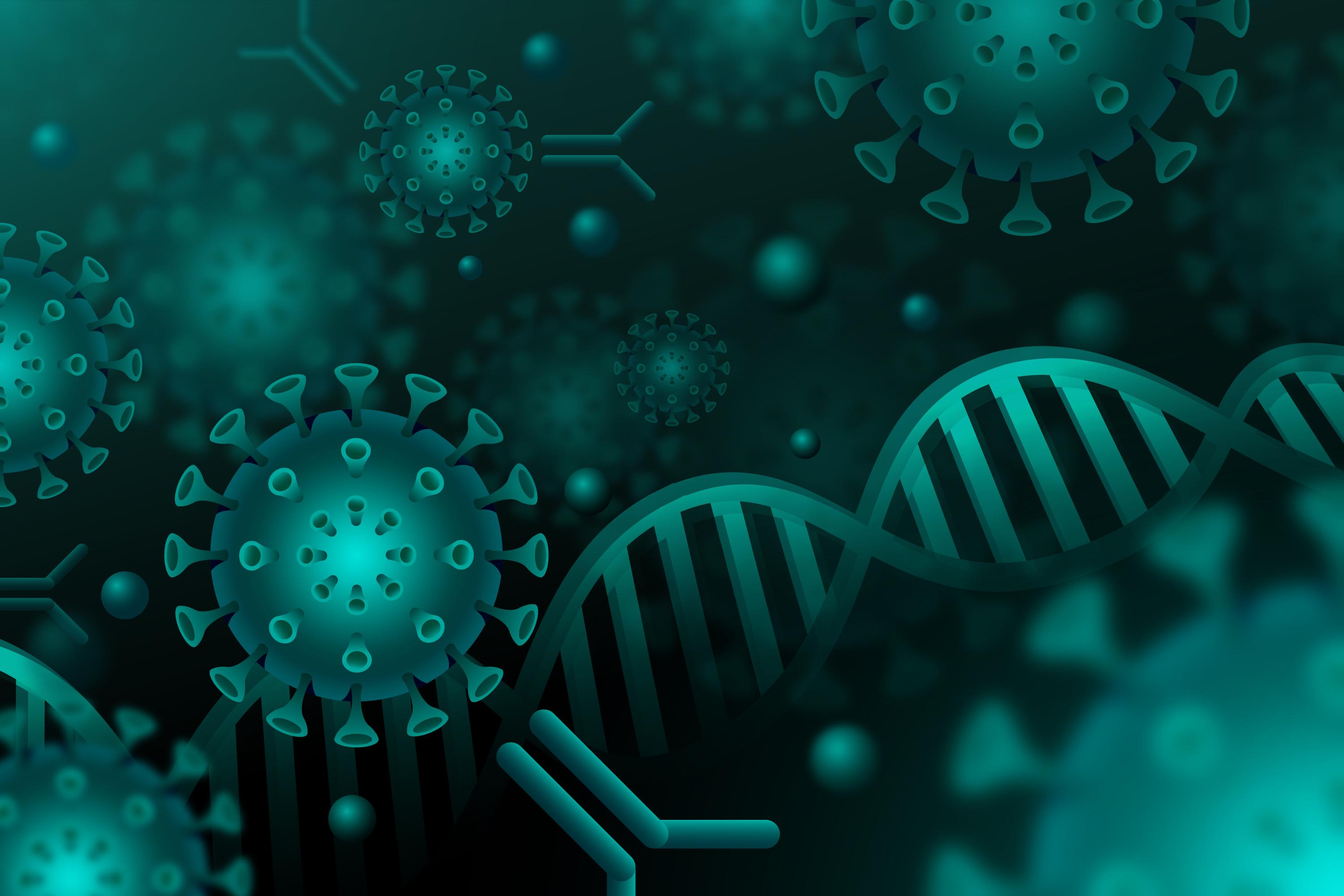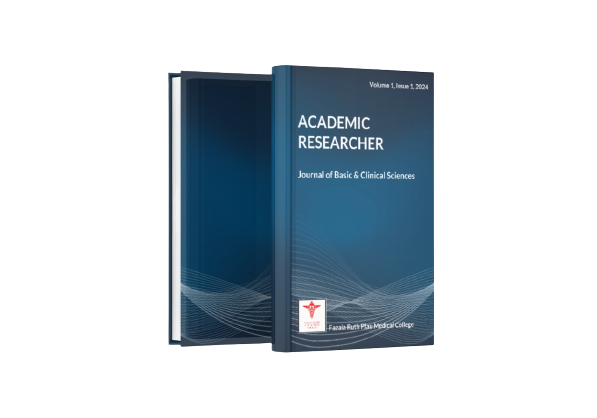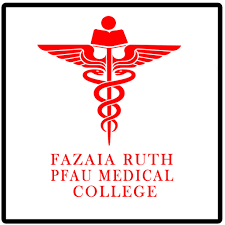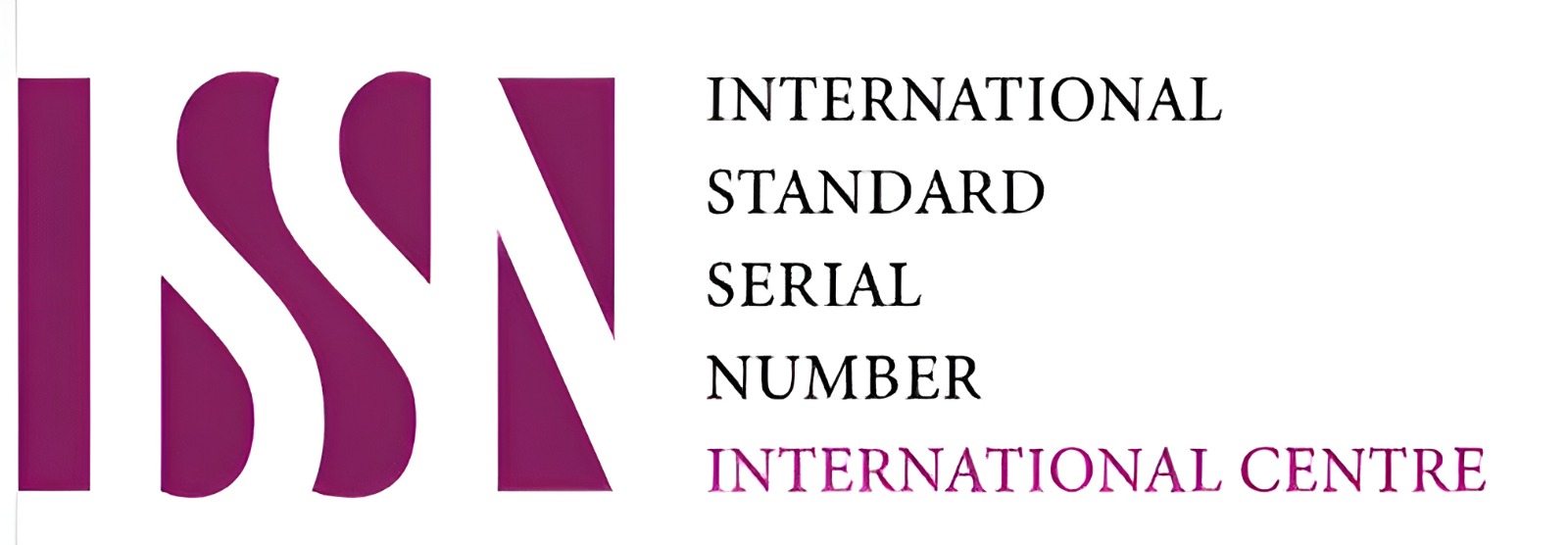

Academic Researcher
Journal of Basic and Clinical Sciences
Volume 03, Issue 01, 2026
An Official Journal of Fazaia Ruth Pfau Medical College, Air University
ISSN: 3008-0495 (Online)
ISSN: 3008-0487 (Print)
Parental Biomedical Manifestations and Socioeconomic Status Influence on Newborn Telomere Length
Sadia Farrukh
Acad Res. 2025; 2(1): 5-11
DOI:https://doi.org/10.70349/ar.v2i1.25
Abstract
Background: Human biology, even inside the womb, is not safe from the environment and can leave parental epigenetic marks on the newborn. However, multiple risk factors that influence the telomere biology of the fetus are not fully known. This study aimed to determine the influence of parents' socioeconomic status (SES) and its related biomedical manifestations on newborn telomere length.
Methods: A total of 204 parent-newborn pairs were recruited in this study. Blood samples were obtained after informed consent, and demographic and environmental risk factors such as socioeconomic status, education and exposure to endemic disease were recorded. The Leukocyte Telomere Length (TL) quantification was done using qPCR and T/S ratio was calculated. For the association between paternal and newborn TL and different variables, multivariate regression analysis was utilized. The results with p < 0.05 were considered Statistically significant.
Results: The mean age (years) of mothers and fathers was 27+5.12, 34+6.36. Parents with an increase in age have a positive association with newborns TL (T/S ratio) (2.31 + 1.45) (p=0.034) (mother: β 0.032, p=.009, father: β=0.043, p=0.099). The low SES and blue color occupational group showed significantly smaller TL in parents-newborns (1.5 + 1.14, 1.41 + 1.08, 1.95 + 1.36) (p < 0.05). Moreover, parents with environmentally imposed non communicable diseases like GDM /Diabetes/hypertension had shorter LTL (1.54 + 1.37, 1.32+1.1) than their newborns (2.36 + 1.43) (p=0.048) (Hypertension: β=-0.785, p=0.045, COVID: β=-0.791, p=0.069). Most diseases were seen in the high SES (94.1%, 60.8%) followed by the upper middle, low middle and low SES, respectively.
Conclusion: The parents' socioeconomic status and its related biomedical manifestations can reprogram the telomere biology of the newborn.
Keywords
Telomere, newborn, socioeconomic status, reprogramming.








